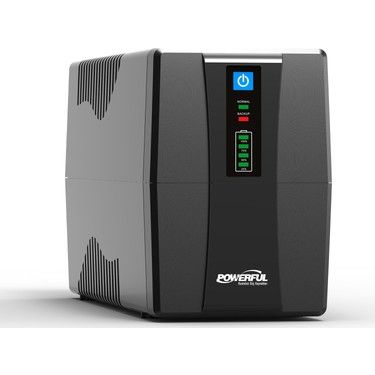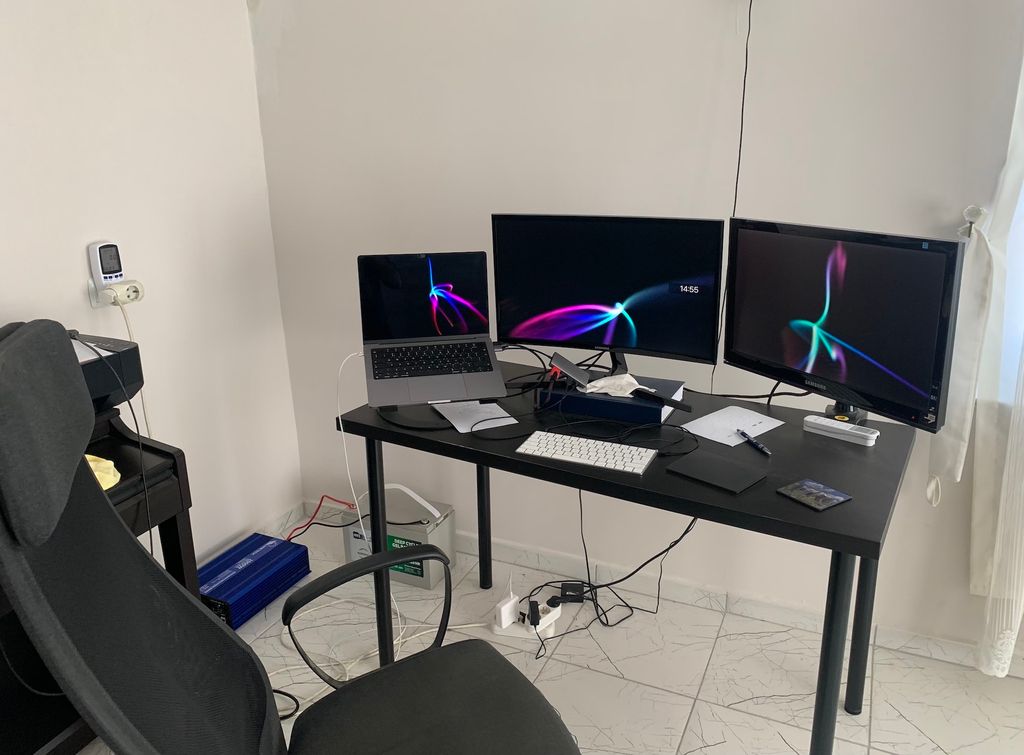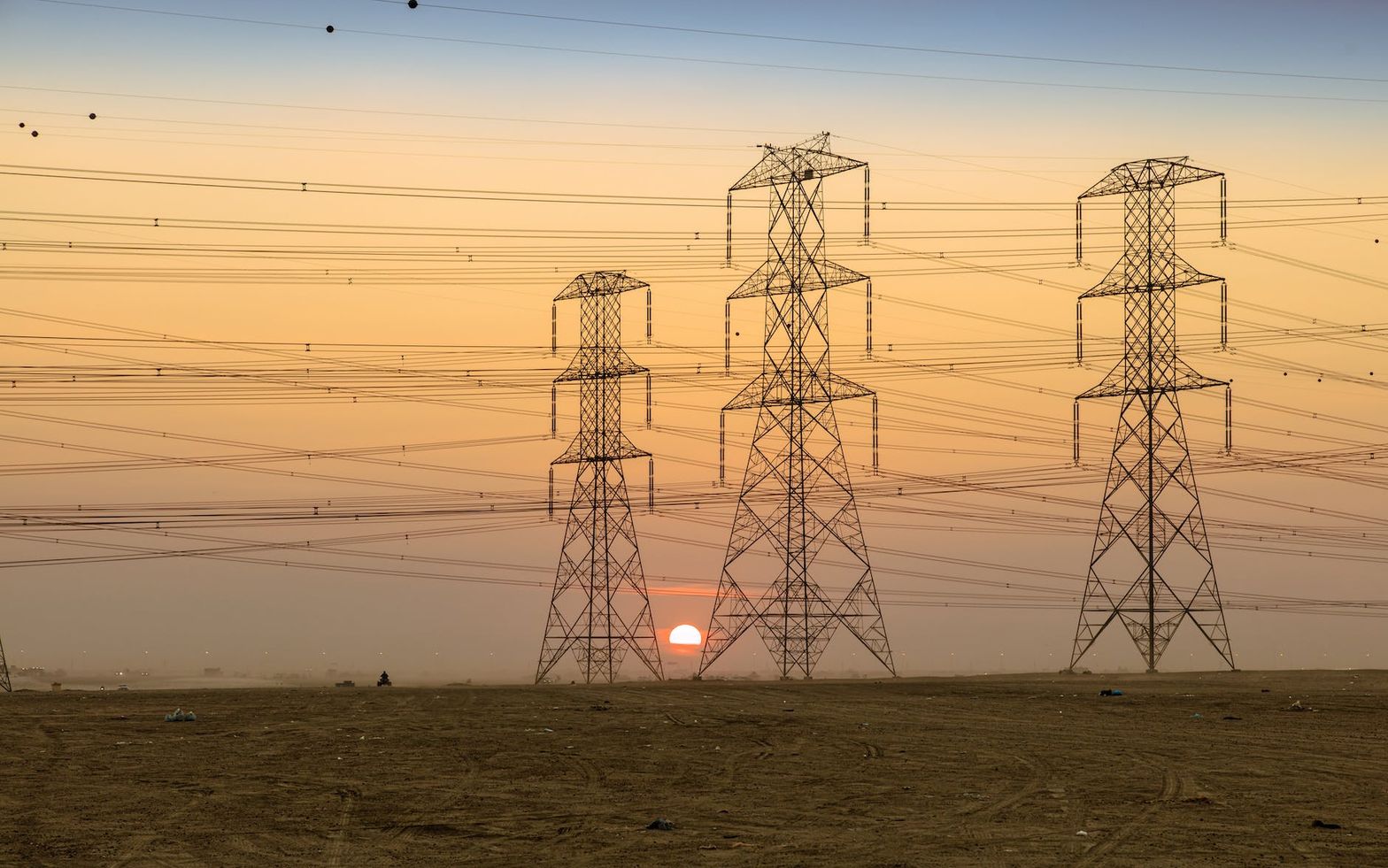Electricity is one of the fundamental things that ruin your day immediately when it’s absent. I feel like back in the stone ages, far away from civilization and completely useless. Since I live in a small town, it’s more annoying because power cuts happen quite often.
In this post, I will try to share my backup plan to keep the power and my sanity when electricity is not available.
UPS (Uninterruptible Power Supply)
UPS is the number one solution it comes to my mind. Most of them are designed to provide short-term power. This means “enough time” to save the file you are working on, or if you are having a desktop, it will create a “close window” for graceful shutdown.
I bought “Powerful SLE-650 650VA Line Interactive Ups” to test if the internet will work. (large scale power outages, can impact telecom infrastructure as well)

It’s one of the cheapest on the market and contains only one battery. 12V, 7AH. (I will consider changing it with 12V 9AH when the battery wears out) Currently, It can keep my home router online for ~4hr – I can’t complain.
In order to keep my working setup online, I need to find a more powerful solution. (2 external screens + 1 computer) I’ve checked 3KVA (2700W) models, which include (6x 9AH) dry batteries. (those batteries easily wear off for online UPS after keeping it online for a year)
So, I gave up using UPS for my working setup.
Pros:
- Compact
- Easy to use
Cons:
- Maintenance cost (eg replacing a 6x9ah battery is not cheaper than gel batteries)
- robustness?
- charging power
Inverter + Battery
Basically, UPS and inverter could do the same thing. However, UPS charging power is too low when compared with the power inverter.
I bought 2000W pure sine wave (technically, it can work like UPS, but I’m just using it when power is gone) and connected it to a deep cycle gel battery (12v, 100AH)

My working station spends ~70W/hr while the MacBook battery is full. With the rough calculation (Wh=Ah*V), my battery (12Vx100AH) should last ~17 hr. When considering the inverter’s efficiency (~0.92) etc. I think it should last ~14hr, which is sufficient for me.
Pros:
- robust (depends on supported W)
- charging power
- easy to replace the battery or adding additional battery
Cons:
- not compact
- setup (not easy as plug-n-play, but it’s not rocket science)
Tips:
- There are numerous types of inverters you can find. Make sure it’s chargeable and provides a pure sinus wave. (“ups inverter” as a search term)
- Consider using deep-cycle gel batteries or marine batteries for longer cycles.
- 1000W inverter is cheaper than a 2000W inverter. But it will not run a 1500W appliance, do your due diligence. (socket type of wattmeters are useful to measure load, I have this one)
Power Generator
Power generators are also a good choice for the area where power goes for days. In normal conditions, we shouldn’t have more than 12hr power interruptions per day. This means, theoretically, my inverter setup would work and have enough time to charge back to the battery.
If it doesn’t work, I will consider buying a small power generator.
Pros:
- not depend on the external power source
Cons:
- noisy – (ups and inverter cooling systems can be as noisy as a desktop computer too, but not comparable with a power generator)
- expensive (not the generator itself , they burn ~1lt gasoline per hour to produce 2,5kW)
- high maintenance (you will need to take care of oil etc..)
- hard to use in an urban area: (luckily, I can put it on the balcony if I get one however it might not work if you are in an apartment building)
PS:
* I’m not an electrician; I hope this post will help you to find the right choice based on your needs.
* The calculation seems accurate: battle-tested for 13+ hours – (I didn’t wait to run out the battery completely)

Leave a Reply